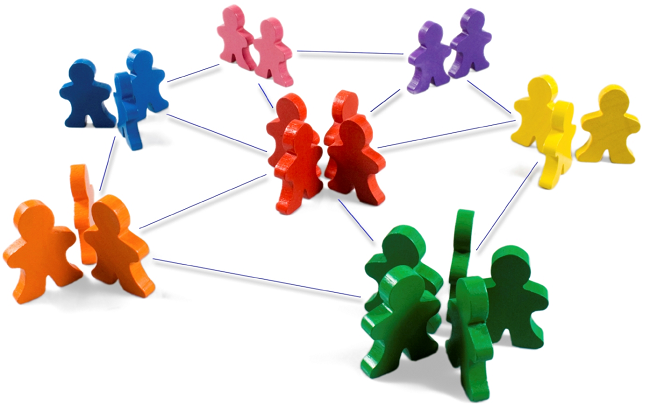There are five elements to the Relational Leadership Model: Purposeful, Inclusive, Empowering, Ethical, and Process-Oriented. Of these five, the leadership component that I feel most comfortable with is Inclusive.
I also feel comfortable with the idea of Purpose in leadership. I think because my outlook is positive, I can relate to Purpose well. I definitely think a “can-do” attitude is necessary in leadership, because your members want to see a objective and reach for it. I am a very hopeful person and when you get a group together working towards a common goal, the results can be phenomenal.
One component of the Relational Leadership Model I would like to work on more is Process. Sometimes my mind is so focused on an end result that I lose sight of how important the process to get there is. Also, I would like to work on civil confrontation. Often times in a group, tensions can arise and I am never sure how to deal with them. I honestly really hate confrontation; I don’t like drama or conflict, so I tend to avoid it, which can get ugly. I would also like to work on giving and receiving feedback. I am a very sensitive person and perhaps I take everything a little too personally. I want to develop a thicker skin and realize constructive feedback is given to help me, not hurt me.
One of the points made in Chapter 3 that I liked the most was about Cooperation vs. Competition (pg 105). I thought it was very interesting how being in a competitive environment can actually hinder your performance. “A person’s best work is done under conditions of support and cooperation, not under fear, anxiety, or coercion.” This really resounded with me. No matter what situation we’re in, shouldn't we be helping each other? After all, being competitive in the end may get you to the top, but you’re all alone. I’d much rather be successful, and see everyone else succeeding as well.
I couldn't be a better leader without the help of you all, so thank you.
Here’s a relevant quote :)
None of us is as smart as all of us.
-Ken Blanchard

